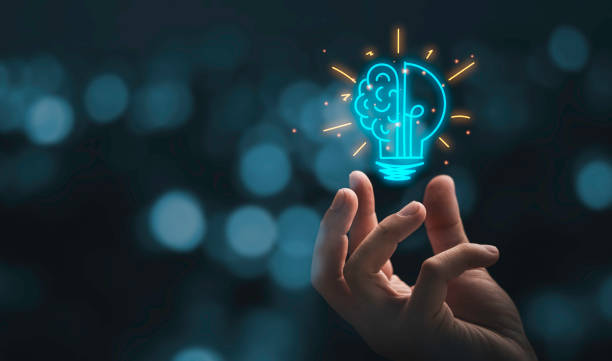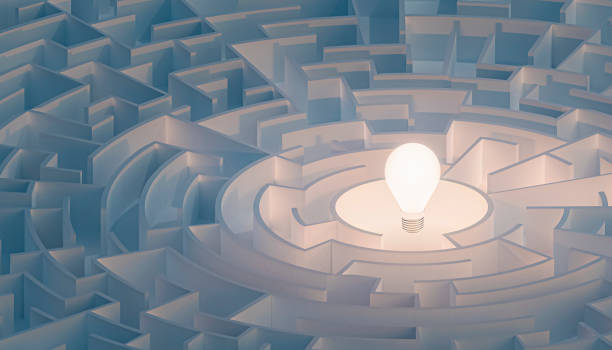The Problem-Solving and Critical Thinking Toolkit: Empowering Your Life Journey
Unleashing Your Potential to Tackle Challenges, Make Informed Decisions, and Shape a Better Future

Maneuvering Through Life's Maze: How Critical Thinking and Problem-Solving Impact Our Path
Life's winding roads present us with a multitude of difficulties, detours, and unanticipated events. The two most important abilities we have to overcome these obstacles are critical thinking and problem-solving. With the use of these cognitive tools, we may not only overcome obstacles but also make wise judgments, encourage personal development, and make a positive impact on the world.
Solving Issues: Interpreting the Maze
The art of problem-solving involves recognizing, evaluating, and addressing problems in a methodical and efficient way. It entails dissecting intricate issues into digestible parts, assessing potential fixes, and carrying out the best course of action. Adopting a problem-solving attitude enables us to face obstacles with resilience, clarity, and composure.
Structured Approach: Typically, problem-solving is done in a structured manner, beginning with a precise definition of the issue, followed by the collection of pertinent data, an analysis of possible causes, the generation of solutions, an assessment of each solution's efficacy, and finally, the implementation of the selected solution.
Intelligent Thought: Combining rational thinking with creative thinking is often necessary for effective problem-solving. Innovative ideas can arise from venturing outside of our comfort zones and investigating novel methodologies.
Filipino and Flexibility: Setbacks are a given in the iterative process of problem-solving. Accepting flexibility and resilience enables us to grow from our errors, hone our approaches, and keep going until we find an answer.
Critical Thinking: Piecing Together the Information Tapestry
The capacity to critically examine information, assess its reliability, and make well-informed decisions is known as critical thinking. It entails raising doubts about presumptions, recognizing biases, and taking into account many viewpoints. Instead of being passive information consumers, critical thinkers actively engage with it in order to comprehend its ramifications and underlying meaning.
Digital Literacy: Information literacy is necessary for critical thinking in the digital environment we live in. We need to be able to distinguish trustworthy sources from shady ones, assess the veracity of the data, and identify any biases.
Assessing Arguments: Evaluating arguments in professional or academic contexts as well as in casual encounters requires the application of critical thinking abilities. We need to evaluate the quality of the evidence, spot logical fallacies, and take into account other points of view.
Making Informed judgments : Critical thinking enables us to make well-informed judgments on civic engagement, social activity, and global issues in addition to personal matters.
Solving Issues and Critical Thinking: A Powerful Pair

Critical thinking and problem-solving are complimentary abilities that work together to successfully manage life's obstacles rather than being mutually exclusive. The foundation for recognizing and addressing difficulties is provided by problem-solving, and critical thinking makes sure that we approach these problems with a critical eye and a well-reasoned approach.
Impact on Individual Development
Critical thinking and problem-solving skills work together to produce powerful effects on our personal development. By improving these abilities, we
Boost Your Self-Efficacy: We grow to believe in our own abilities to go over challenges and accomplish our objectives.
Encourage an open mind: We become more open to different points of view, which helps us make better judgments and have a wider perspective on the world.
Encourage inquisitive minds: We foster an insatiable curiosity and a willingness to learn about novel notions.
Promote Innovation and Creativity: We get better at thinking creatively and unconventionally to solve challenging issues.
Impact on Contributions to Society
Critical thinking and problem-solving skills are not just personal advantages; they are necessary for contributing significantly to society. With these abilities, we can:
Address Issues in Society: We have the ability to deftly assess societal problems, pinpoint underlying causes, and create creative fixes to make the lives of others better.
Take Part in Civic Conversations: By engaging in thoughtful and productive discussions on public policy, we can promote a society that is more fair and just.
Encourage Well-Informed Decision-Making: We can enable people and communities to make well-informed decisions by valuing information critically and taking into account a range of viewpoints.

Final Thought: Adopting the Empowerment Skills
Critical thinking and problem-solving are skills that can be developed and refined with effort and practice; they are not natural traits. By actively participating in problem-solving activities, questioning our presumptions, and looking for different viewpoints, we can consistently improve our capacity to deal with life's obstacles, make wise decisions, and meaningfully impact the world around us.










































































































































































































